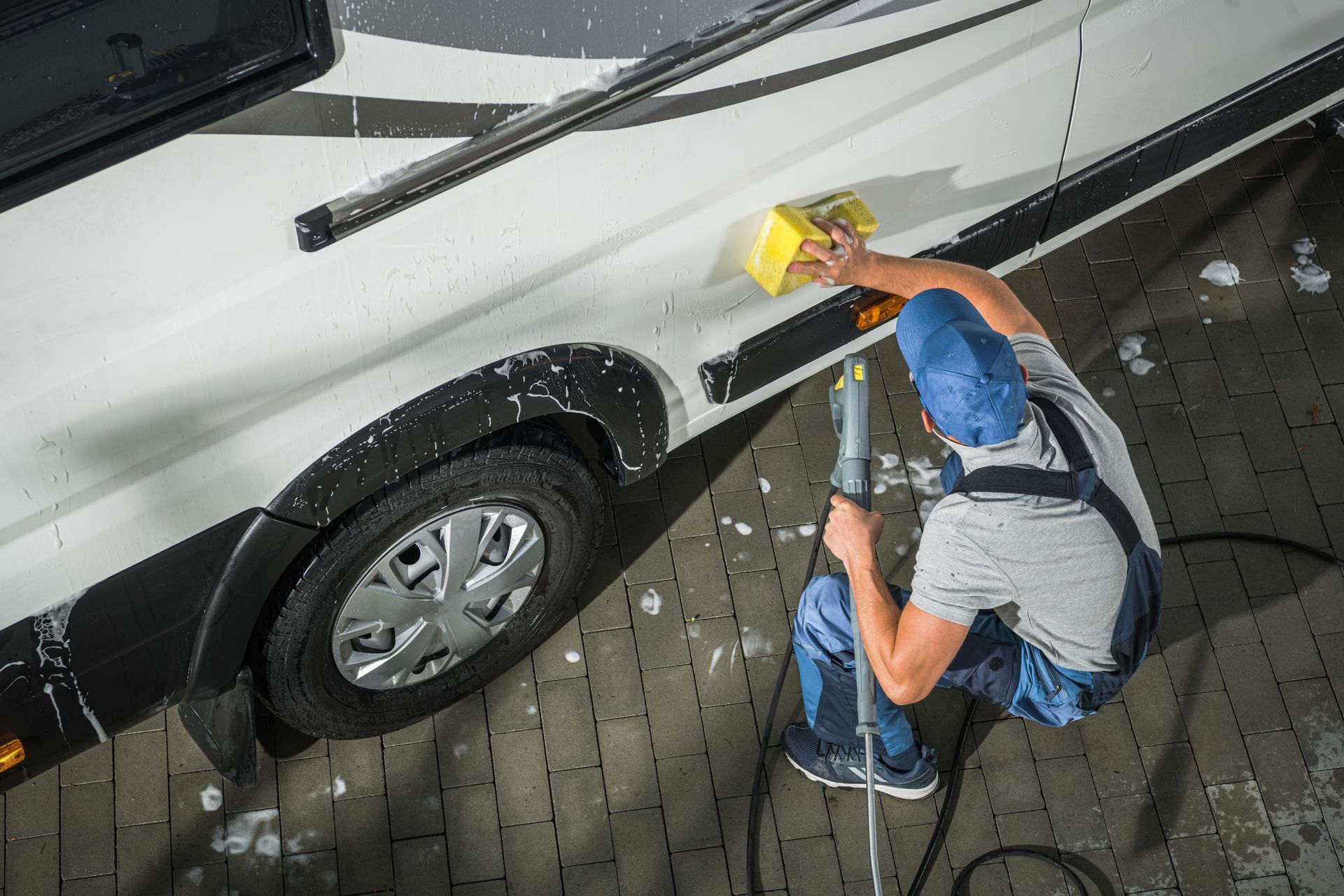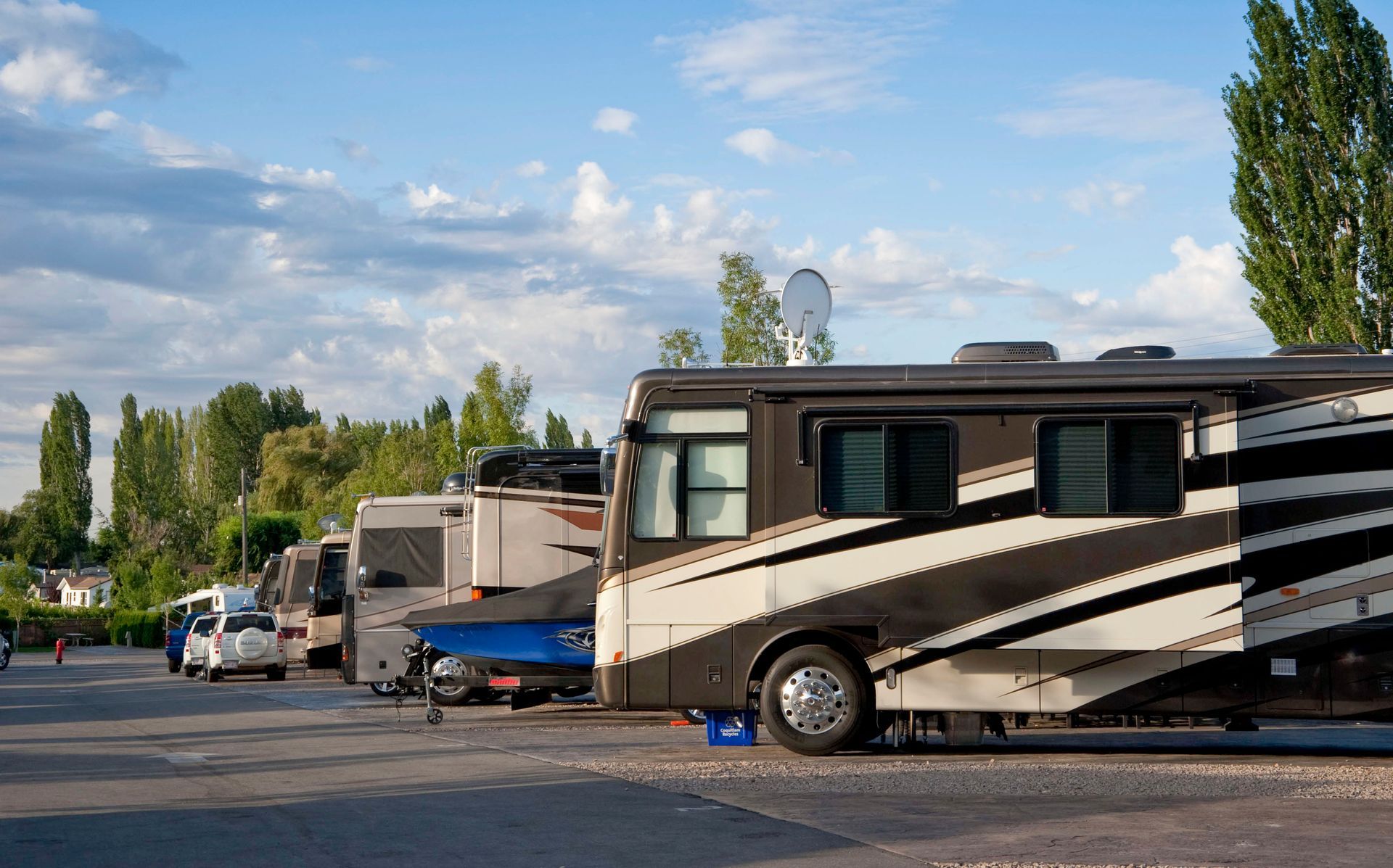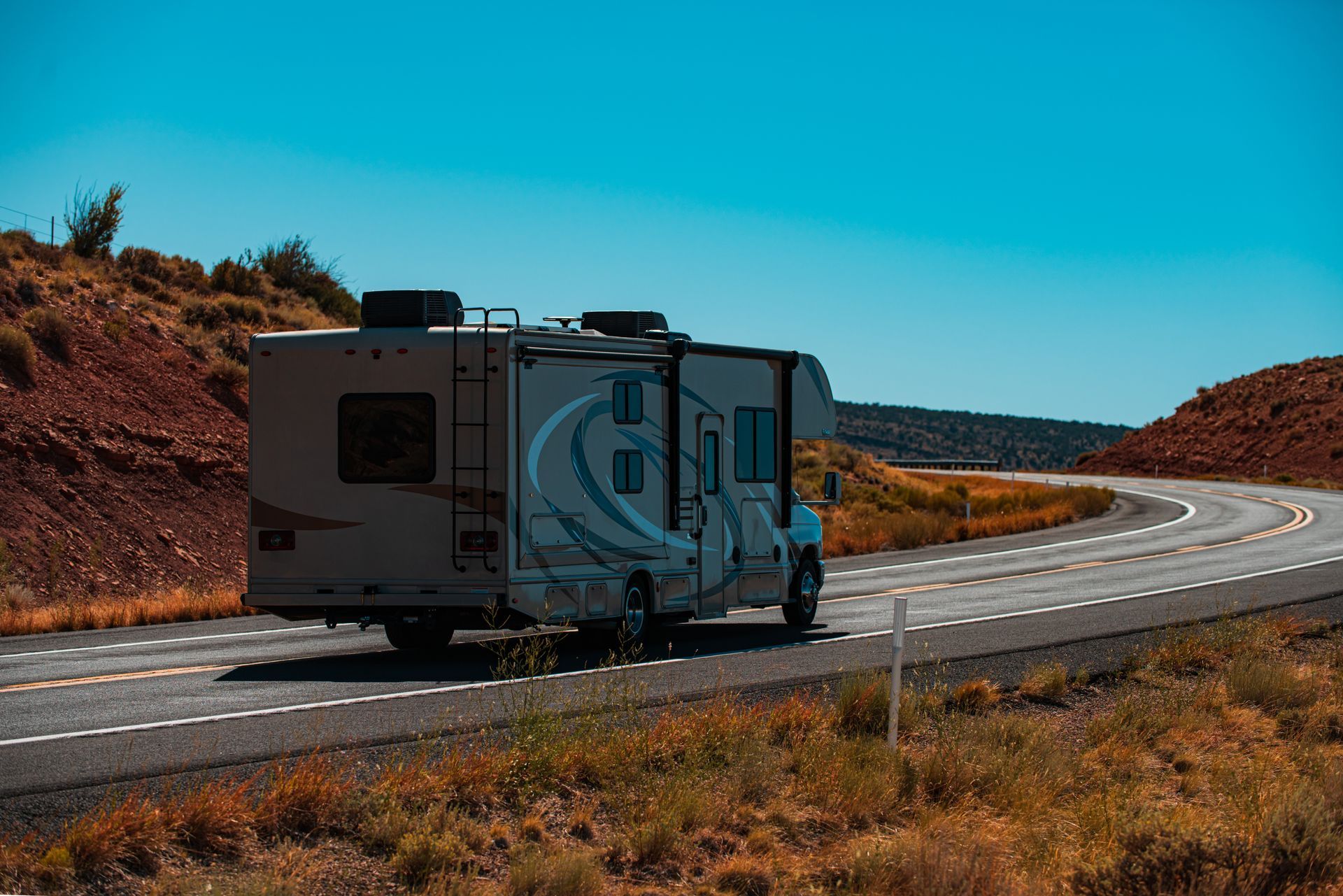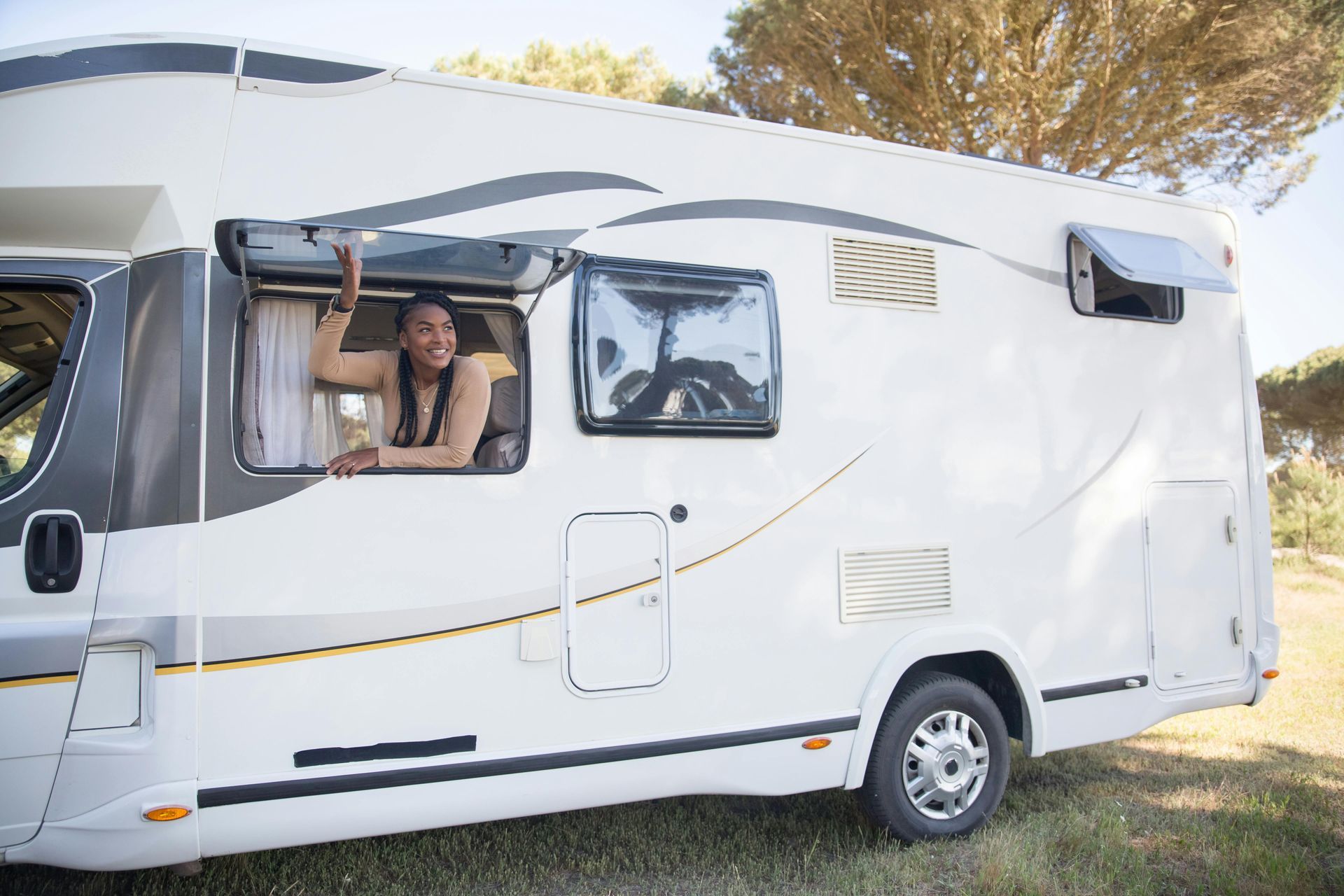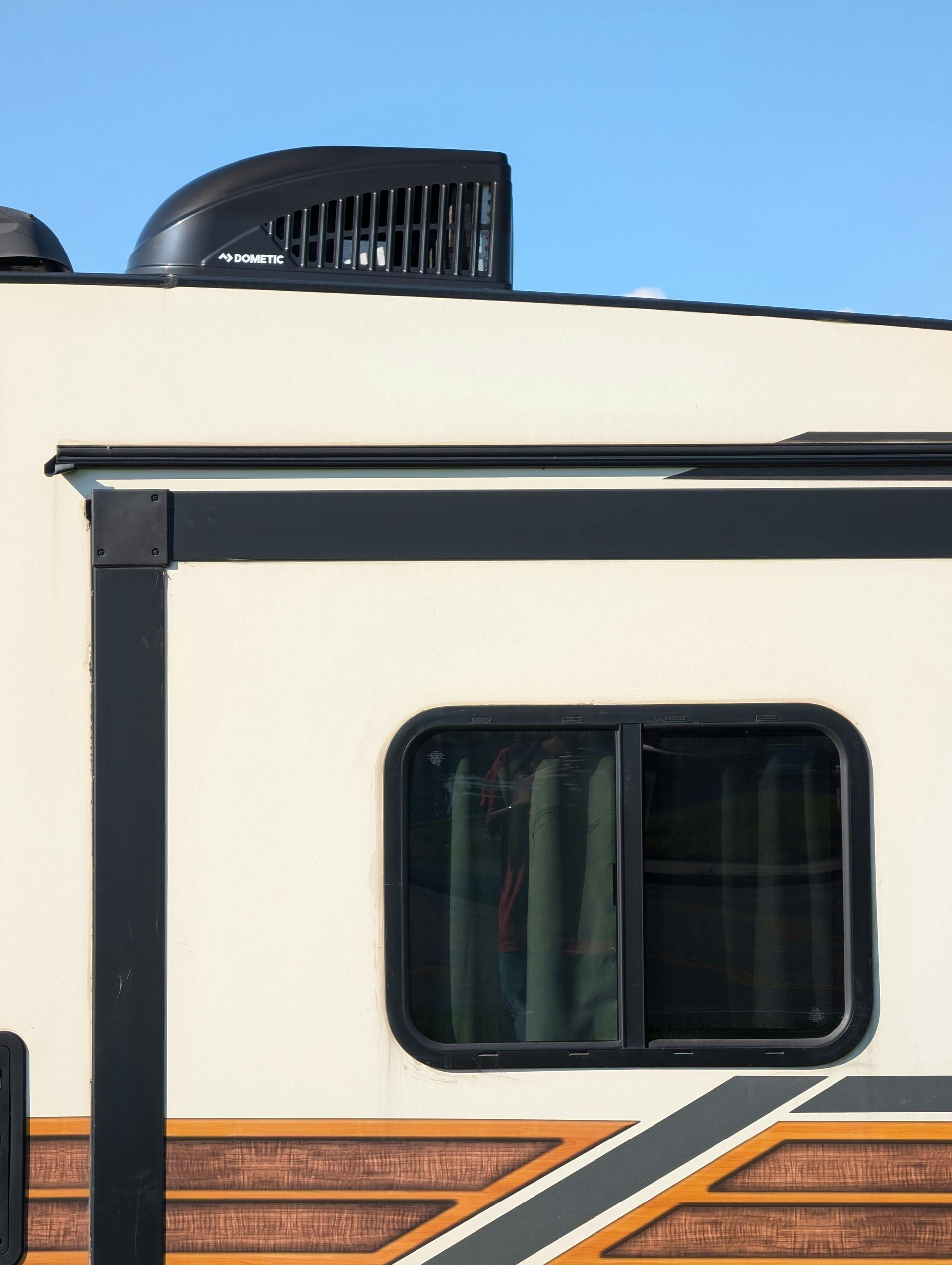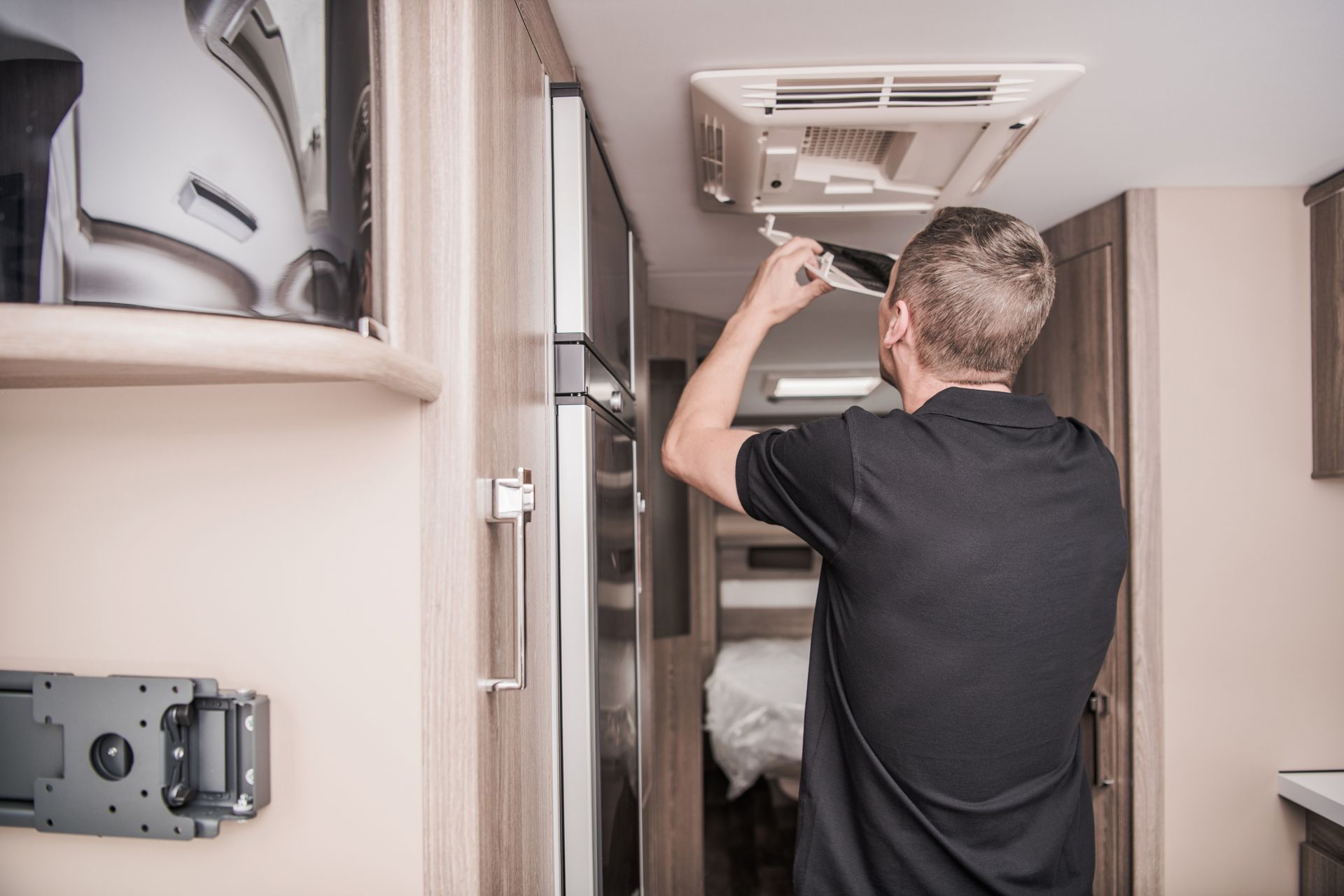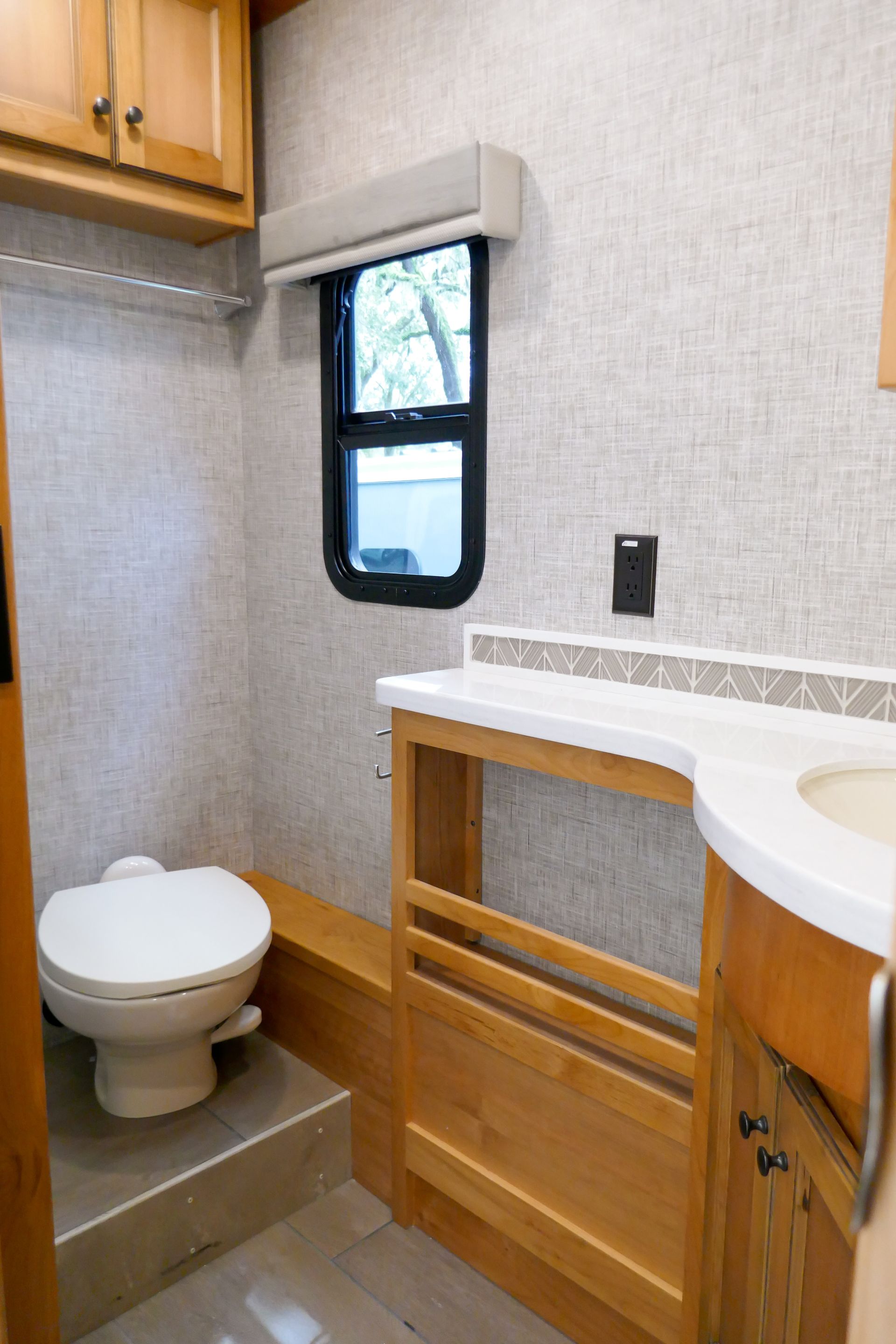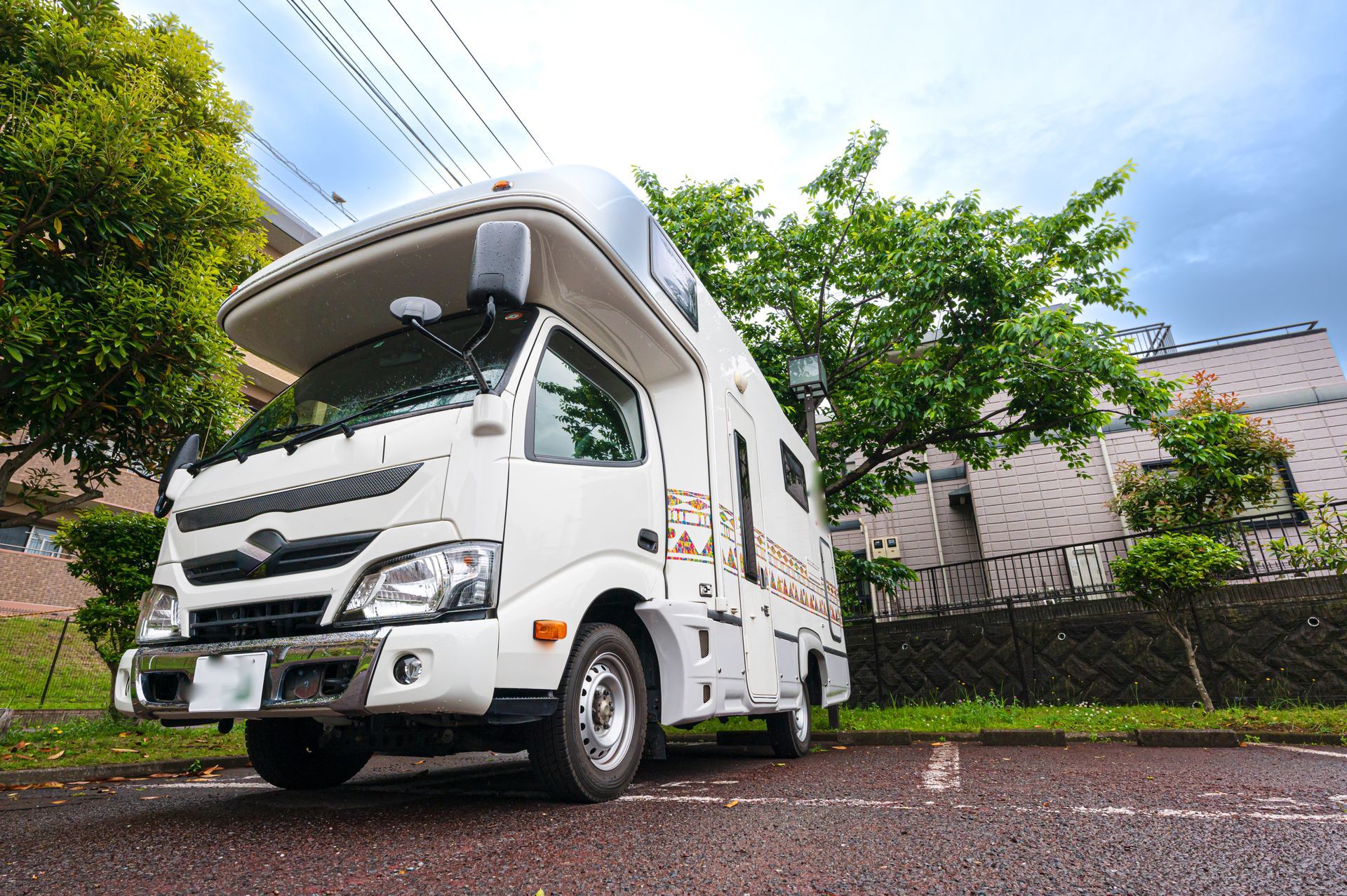RV Electrical System Maintenance: Tips for Preventing Power Outages
Owning an RV provides freedom, flexibility, and the ability to explore the open road with all the comforts of home. However, nothing can put a damper on your adventures faster than a power outage. Proper maintenance of your RV’s electrical system is essential to ensure that your appliances and lighting work when you need them most. At
Temple RV Repair, located in Rockwell, NC, we specialize in keeping RV electrical systems running smoothly, helping you avoid unexpected disruptions. In this post, we’ll provide valuable tips for preventing RV power outages, so you can enjoy your travels worry-free.
Understanding Your RV’s Electrical System
Before diving into maintenance tips, it’s important to have a basic understanding of how your RV’s electrical system works. RVs are equipped with two electrical systems: a 12-volt DC (direct current) system and a 120-volt AC (alternating current) system.
- 12-volt DC system: Powers essential items like lights, water pumps, and fans. It relies on a battery bank to function.
- 120-volt AC system: Powers larger appliances such as air conditioners, microwaves, and refrigerators when connected to shore power or a generator.
Both systems work together to provide power in your RV, but they need regular maintenance to stay in peak condition. Understanding this basic setup will help you identify and prevent common issues.
Keep Your Batteries in Top Shape
One of the most common causes of RV power outages is battery failure. Whether you have lead-acid or lithium-ion batteries, maintaining them is key to keeping your 12-volt system running smoothly. Here are some essential battery maintenance tips:
- Regular inspections: Check your batteries for corrosion, cracks, or bulges. Clean any corrosion from terminals using a wire brush and a solution of baking soda and water.
- Charge batteries properly: Avoid letting your batteries run completely dead, as this can reduce their lifespan. Use a quality RV battery charger to keep them charged when your RV is in storage.
- Check water levels (for lead-acid batteries): If you have lead-acid batteries, ensure they are filled with distilled water to the proper level. Low water levels can damage the cells and reduce battery efficiency.
- Test battery voltage: Use a multimeter to check the voltage of your batteries regularly. If the voltage drops too low, it’s time to recharge or replace them.
By following these simple steps, you can extend the life of your RV batteries and avoid unnecessary power interruptions.
Inspect and Maintain Your Electrical Connections
Loose, corroded, or damaged electrical connections are another common cause of power outages in RVs. Regularly inspecting and maintaining these connections will help prevent issues before they lead to larger problems.
- Check for loose connections: Vibrations from driving can cause electrical connections to loosen over time. Periodically check the wiring at your RV’s battery terminals, circuit breakers, and fuse boxes to ensure everything is secure.
- Look for corrosion: Corrosion can affect your electrical connections, especially in humid or coastal areas. Clean corroded connections with a wire brush and use dielectric grease to shield them from corrosion.
- Inspect power cords and plugs: Check your shore power cord for any signs of damage, such as frayed wires or melted plugs. If you notice any issues, replace the cord immediately to prevent electrical shorts or fires.
Taking the time to inspect and maintain your electrical connections will keep your RV’s electrical system running smoothly and help prevent power outages.
Test Your Circuit Breakers and Fuses Regularly
Circuit breakers and fuses play an important role in protecting your RV’s electrical system from overloads and short circuits. However, they can wear out or become faulty over time, leading to power failures.
- Test your breakers: Flip each breaker off and on a few times to ensure they are functioning properly. If a breaker trips frequently, it could be a sign of a more serious issue, and you should have it inspected by a professional.
- Replace blown fuses: If you experience a power outage in a specific area of your RV, it’s possible that a fuse has blown. Check your fuse box for any blown fuses and replace them with the appropriate size and type.
- Carry spare fuses: Always keep a supply of spare fuses in your RV. This will allow you to quickly replace a blown fuse and restore power without delay.
By keeping your circuit breakers and fuses in good working condition, you can prevent many common electrical problems in your RV.
Use a Surge Protector to Protect Your RV
Power surges can cause significant damage to your RV’s electrical system, appliances, and electronics. To protect your investment, it’s crucial to use a surge protector whenever you’re plugged into shore power.
- Choose a quality surge protector: Invest in a surge protector designed specifically for RVs. These devices will protect your electrical system from voltage spikes, surges, and even low voltage, which can damage your equipment.
- Test your surge protector: Before plugging your RV into shore power, test the surge protector to ensure it’s working correctly. If it detects any issues with the power source, it will shut down the connection to protect your RV.
- Monitor voltage levels: Some surge protectors have built-in voltage monitors, allowing you to keep an eye on voltage levels and avoid potential problems.
Using a surge protector is one of the easiest and most effective ways to prevent electrical damage and power outages in your RV.
Contact Temple RV Repair for Professional RV Electrical Maintenance
Regular RV electrical system maintenance is essential to avoid unexpected power outages and keep your travels running smoothly. At Temple RV Repair in Rockwell, NC, we specialize in maintaining and repairing RV electrical systems. Whether you need a battery replacement, a circuit breaker inspection, or help with any other electrical issue, our experienced team is here to help.
Don’t let power outages ruin your next adventure. Call Temple RV Repair today at
(704) 471-4949 to schedule an appointment in our
shop
or we can come to you
on the road. We also offer
RV storage. Our team is here to ensure you're back on the road and feeling confident.
FAQs
How often should I check my RV batteries?
It’s recommended to check your RV batteries every month, especially if your RV is in regular use. If your RV is in storage, check the batteries before and after each trip.
Can I use a regular car battery in my RV?
No, RVs require deep-cycle batteries that can handle extended periods of low voltage. Car batteries are designed for short bursts of high power and won’t last long in an RV.
What size fuse should I use in my RV?
The fuse size will depend on the specific circuit in your RV. Check your RV’s owner manual or consult a professional to determine the correct fuse size for each system.
How do I know if my surge protector is working?
Most RV surge protectors have indicator lights that show if they are functioning correctly. If the lights are not illuminated or show a fault, it may be time to replace the protector.
What should I do if my RV experiences frequent power outages?
If you experience frequent power outages in your RV, it could be a sign of a larger issue. Contact Temple RV Repair at (704) 471-4949 for a thorough inspection of your electrical system.
